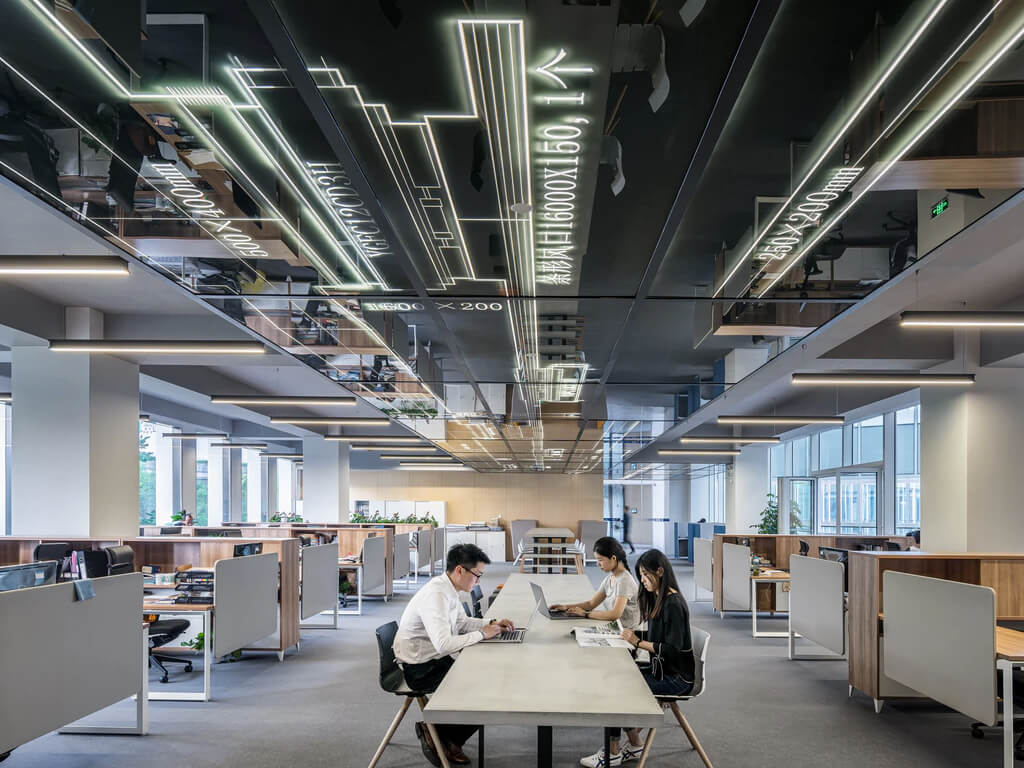Setting up a business in a Chinese free trade zone (FTZ) can offer a range of benefits to foreign investors. Some of the key benefits include:
Favorable policies and regulations: FTZs in China have special policies and regulations designed to promote foreign investment and international trade. For example, businesses established in FTZs can enjoy lower tax rates, streamlined customs procedures, and simplified administrative procedures.
Improved market access: FTZs in China provide a gateway to the Chinese market, which is one of the largest and fastest-growing in the world. By setting up a business in an FTZ, foreign investors can benefit from improved market access and a more level playing field for competition with domestic businesses.
Access to skilled labor: FTZs are often located in major cities, which provide access to a large pool of skilled labor. This can be especially important for businesses that require specialized skills or knowledge.
Infrastructure and logistics: FTZs in China have modern infrastructure and logistics facilities, which can help businesses reduce costs and improve efficiency. This can include access to transportation hubs, modern warehouses, and other logistical support services.
International business environment: FTZs in China provide a cosmopolitan and international business environment that can be attractive to foreign investors. This can include access to business support services, international networks, and business-friendly policies.
Opportunities for innovation: FTZs in China are often hubs for innovation and entrepreneurship, with a focus on developing new technologies and business models. This can be an attractive environment for businesses looking to stay at the forefront of their industry.
Overall, setting up a business in a Chinese free trade zone can offer a range of benefits to foreign investors, including improved market access, favorable policies and regulations, access to skilled labor and infrastructure, and opportunities for innovation. However, it is important to carefully research and consider the specific conditions and requirements of each FTZ before making a decision.





